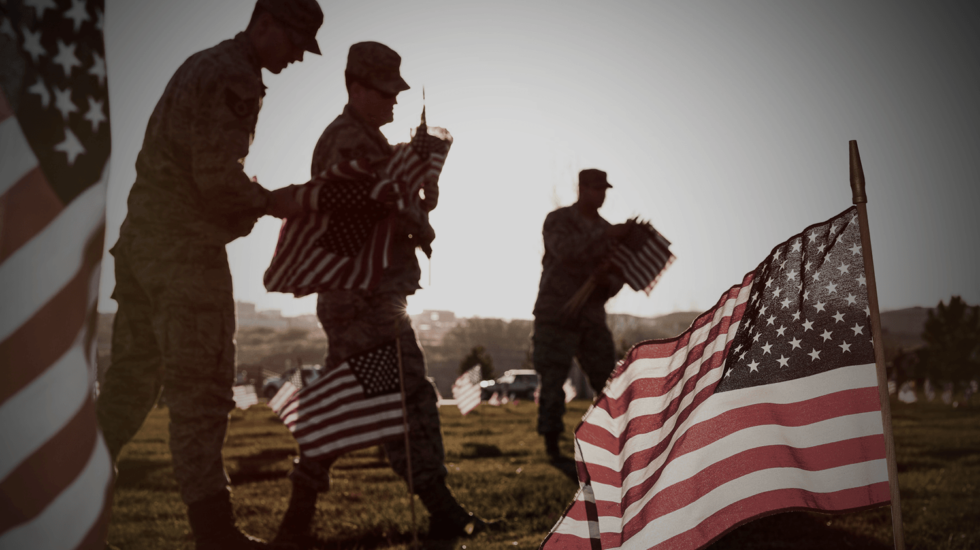One of the truisms of Veterans Day is the number of veterans of the battlefield waxes and wanes with the contours of our national history. For most of my early life, Veterans Day (originally called Armistice Day in honor of the end of World War I) had no shortage of actual veterans. Every city, town and rural county in America had sent their young sons in abundance to fight in the First World War and World War II. Growing up, we all knew many veterans personally.
Today the World War I generation is long gone and the ranks of those who fought in World War II are quickly disappearing.
The Korean conflict is a largely forgotten one. This is a national shame. Like all wars, it was hell for those who saw the battlefield and there was enough hardship and heroism to fill volumes of history books.
Of course the Vietnam Veteran has become one of the archetypes or our American identity – symbols of an ill-begotten war who returned to an ungrateful nation. Their price was particularly psychological as well as physical.
There was a time in the halcyon days after the Cold War that we all could have hoped battlefield veterans were a thing of the past. Unfortunately, the darker instincts of human nature remain too strong for those types of dreams, and the terrorist attacks of 9/11 launched us into two of the longest wars in American history.
It will take decades to sort through the ultimate verdict of Iraq and Afghanistan but one thing is certain, thousands of brave American men and women served heroically.
And yet I can’t but think this Veteran’s Day of a stark and I fear a dangerous reality. For all the fighting and service in these two recent conflicts, the numbers of those who served as a percentage of the overall population are so much smaller than the great World Wars or even Korea and Vietnam. The debt of service was paid by so few, in the name of the all-too-often oblivious masses.
In my youth, the parade of veterans represented the country as a whole with some glaring omissions, the segregation according to race being the most obvious at the time. Most of us never thought then that women could serve in combat or gays and lesbians could serve openly. We were wrong of course (though Donald Trump has restricted transgender people from joining the military). Thankfully racial segregation in the armed forces ended more than 65 years ago and gender equality is much improved. Ending the shameful ban on gays and lesbians sadly took longer. And yet this is all welcomed progress of a more enlightened nation.
But while this tide of progress rolls forward, I fear an equally strong undertow is pulling us in the wrong direction. Make no mistake our armed forces are still segregated, by circumstance if not by law. They don’t represent the full economic or social spectrum of our nation. And this changes how we as a nation decide to go to war. If the political and economic elites had their sons and daughters in harm’s way in large numbers, might the calculus have been different in Iraq and Afghanistan?
Today we should salute with gratitude all who have served honorably, while not excepting ourselves from judging how little cost most of us were asked to pay for the wars fought in our name.
*A version of this first appeared on Dan Rather’s Facebook page on November 11, 2015



